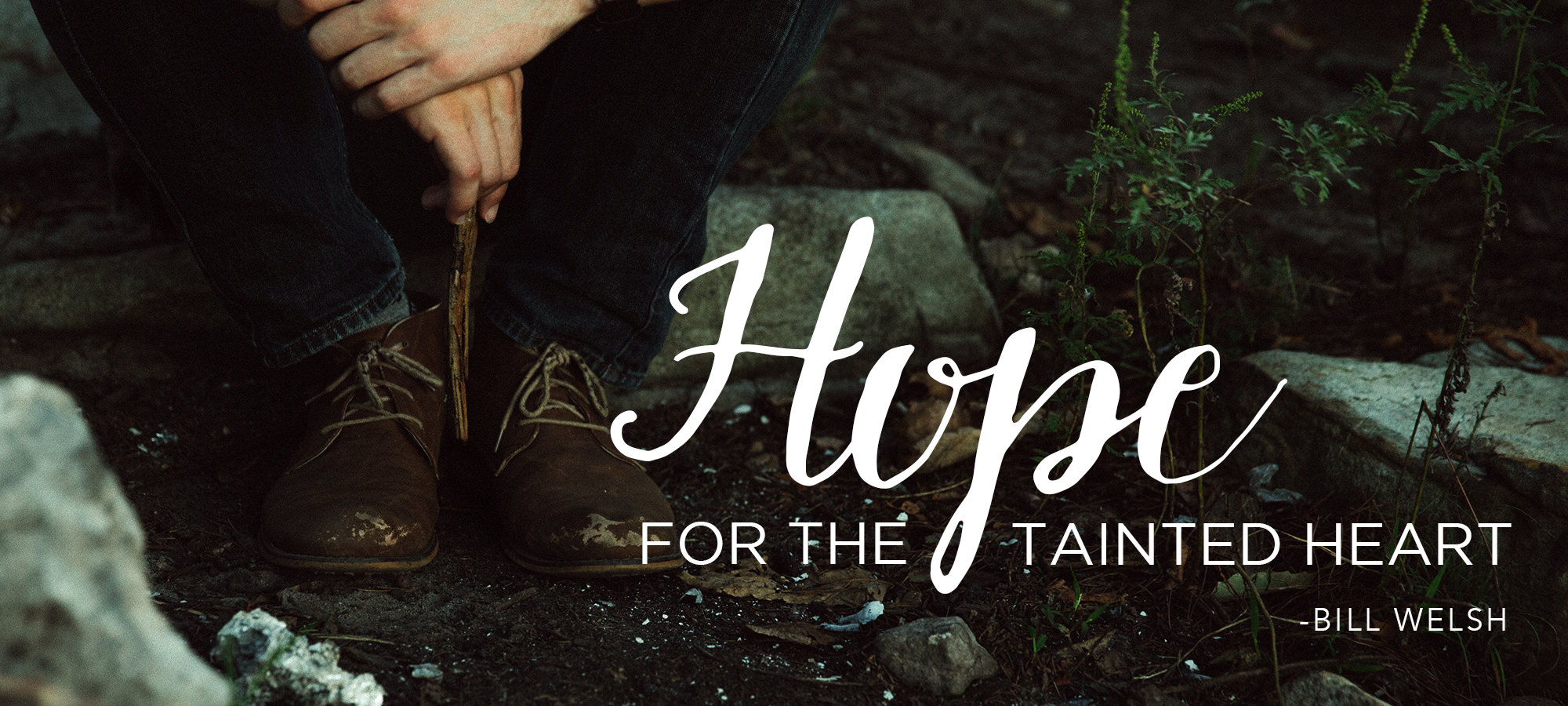
The seed of every sin known to man is in my heart.
Robert Murray McCheyne
The Holy Spirit never enters a man, then lets him live like the world.
A.W. Tozer
Search me, O God, and know my heart; test me, and know my anxious thoughts. Point out anything in me that offends You, and lead me along the paths of everlasting life.
Psalm 139:23-24
Psalm 123 begins like Psalm 121 with both songwriters looking up. However, this psalm focuses not on foreboding mountains, but on the Lord “Who dwells in the heavens,” with a perfect perspective.
What if we could see our life path from God’s perspective? We’d understand every confusing twist in the road, every frustrating delay, and His reason for choosing our particular traveling companions.
We can wish all we want. The truth is, our heavenly Father wisely allows us to see through a foggy glass now, so we’ll learn to trust Him with each step and every change of direction.
In 1998 my wife, Joy, and I were lost in London, England at rush hour, trying to reach the city of Ashford. Facing the embarrassing truth that I was lost, I finally did something decidedly unmanly and demeaning. I asked for directions. The truck driver I approached uttered just two beautiful words, “Follow me!” then led us through lanes, alleys and boulevards, turning north, south, east and west for thirty minutes. Finally we came to the M20 onramp heading toward Ashford. Our “savior” just pointed and shouted, “There ya go, mate!” We had no choice but to trust this stranger on our wild ride that day. We were at the mercy of this kind Samaritan. We were lost.
Psalm 123 is that kind of confession from a humble servant who has stumbled into some deep, dark trouble. This is a cry for MERCY.
That word “mercy” is found four times in these fifteen Psalms, three of which are here in Psalm 123. Safe to say this psalmist is responding to God’s detailed search of his soul, at the early stages of his long walk toward the “celestial city.”
What brought this traveler to his knees? Look at verses 3-4.
Have mercy on us, O Lord, have mercy on us!
For we are exceedingly filled with contempt.
Our soul is exceedingly filled
With the scorn of those who are at ease,
With the contempt of the proud.
Psalm 123:3-4
The problem was sin; contempt, scorn and pride, all qualities of the arrogant man who makes a nasty habit of looking down on others in order to vaunt himself to a perch of superiority.
He’s like the Pharisee in Jesus’ parable (Luke 18:10-14) who said, “I thank You, God, that I’m not a sinner like everyone else,” while the remorseful IRS agent prayed, “Be merciful to me, for I am a sinner.”
The man who believed all he needed was to “get out of Dodge” and his life would be bright and promising, has discovered he’d carried with him the spoiled culture he thought he’d left behind. He had lived long enough in Meshech and Kedar to adopt at least some of the ungodly attitudes and actions of the “locals.”
I imagine this pilgrim stopping for a rest, taking a deep breath, then noticing a distinct foul aroma in the air. He sniffs a couple times, studying the familiar odor before he says out loud, “Something around here smells like Meshech and Kedar.” Then reality hits. It’s him…in him and on him! Having “marinated” in the violent, deceitful culture of that compromised land for so long, he had become like the very place and people from which he was trying to escape. The problem was “assimilation.”
He also confesses the extent of the encroaching darkness. Apparently it was pervasive. He says, “We are exceedingly filled with scorn…contempt.” Yes, it’s bad, but God had graciously diagnosed the dangerous disease before it resulted in total ruin.
You see, the truth about the proximity of evil in the world is not just that it’s all AROUND us, it is also IN us. We’ve all sinned. We’ve all failed in our quest for perfection. McCheyne was right, I do carry the seed, the potential for any and all sin, within me. But Tozer was right as well. God refuses to abandon us to live like the world, now that His Spirit has enlivened or “resurrected” us. Yahweh is in us and for us.
We are always in danger of becoming like our cultural environment. We are daily confronted by the dominant values of our region, whether they be violence, deceit, pride, racism or hedonism. Unless we consciously resist our toxic culture, it will seep in and pollute the core of our hearts.
You see, the truth about the proximity of evil in the world is not just that it’s all AROUND us, it is also IN us. We’ve all sinned. We’ve all failed in our quest for perfection.
What do we do when we discover this invasion; realizing we’ve become worldly trained and tainted by ungodly traits of our neighborhoods? We would be wise to follow the steps of this Psalm 123 hiker.
• Look up to the Yahweh who sees the whole scene perfectly
• Identify our compromise, give it its true name
• Confess our sin. Say, “I did this, Lord.”
• Ask for mercy
Speaking of mercy, when Jesus heard a crucified thief begging for mercy, crying out with one of his last weak breaths, “Remember me when You come into Your kingdom,” Jesus promised him he would be home with Him in paradise before the day was over. THAT’S MERCY! You can be just as assured as that condemned thief that your cry of “Mercy, mercy, mercy” will be heard and rewarded with abundant, saving grace. God is faithful to forgive the humble confessor (1John 1:9). He “delights to show mercy” (Micah 7:18).
This is one of the most common and critical crossroads. We will not make continued progress without humility, repentance and daily mega doses of mercy.
This is also one of the hardest ascents in our journey; admitting we’re lost, still in need of mercy. But just do it. Let God search your heart. Let Him forgive you. Let Him clear the air. Let Him lead you along the paths of everlasting life. Leave the past in the past. Press forward.






